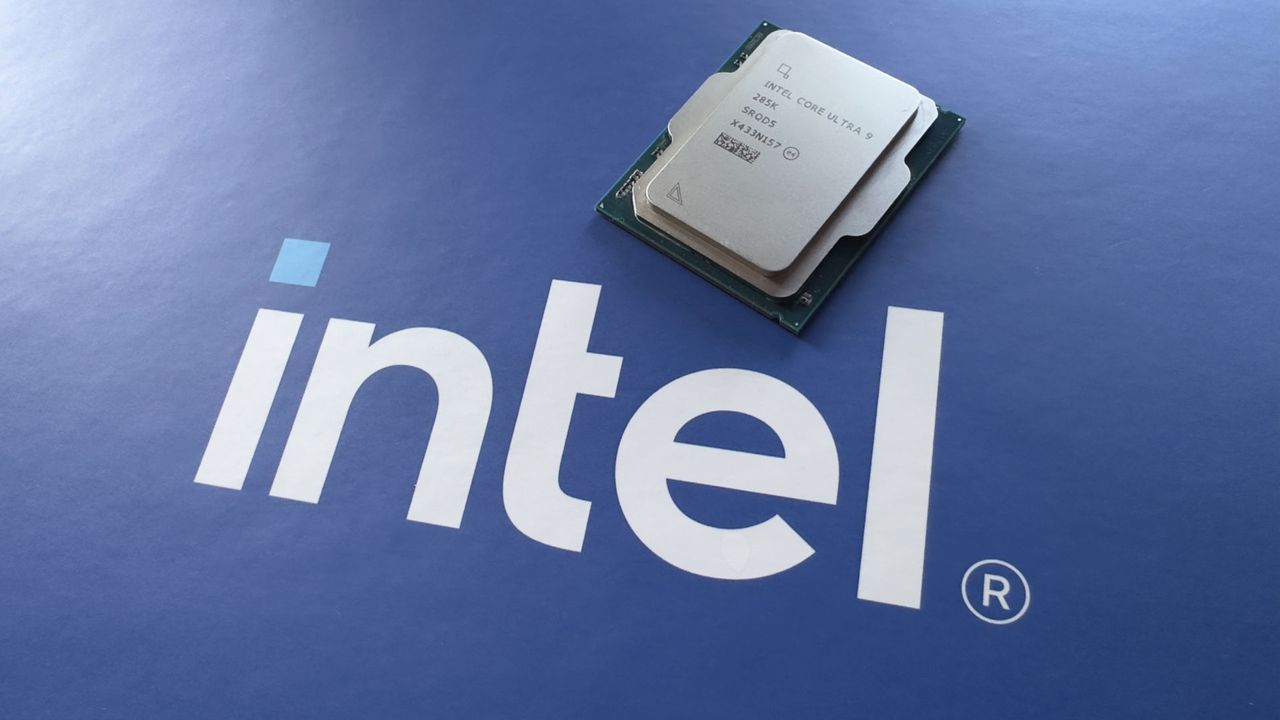
From the bizarre to the arguably ridiculous, the US government's "deal" to acquire a 10% stake in Intel is following the usual Trump administration timeline. The latest developments include a warning by Intel itself that the deal may be bad for business, claims that the wording of the deal is designed to allow Intel to sell off its fabs and even allegations that the whole thing is illegal in the first place.
Where to begin? How about with an official Form 8-K filing from Intel to the Securities and Exchange Commission. Among the usual legalese setting out the terms of the US government's acquisition of 10% of Intel are various concessions regarding the possible impact of the deal.
"There could be adverse reactions, immediately or over time, from investors, employees, customers, suppliers, other business or commercial partners, foreign governments or competitors. There may also be litigation related to the transaction or otherwise and increased public or political scrutiny with respect to the Company," the filing says.
Intel also warns that government ownership may impact overseas sales. "The Company’s non-US business may be adversely impacted by the US Government being a significant stockholder. Sales outside the US accounted for 76% of the Company’s revenue for the fiscal year ended December 28, 2024. Having the US Government as a significant stockholder of the Company could subject the Company to additional regulations, obligations or restrictions, such as foreign subsidy laws or otherwise, in other countries."
Not great. Meanwhile, some observers think the wording of the deal intentionally allows for the possible future sale of Intel's fabs or chip factories. This hinges of mention in the filing of "warrants" the government can exercise if Intel "ceases to directly or indirectly own at least 51% of its foundry business."

The point according to a quote from investment bank Morgan Stanley provided in the tweet linked above is that the CHIPS Act, which is where most of the money going to Intel in return for the 10% stake actually comes from, was supposed to have stipulations around Intel's foundry strategy. But the wording in the SEC filing seems to contradict at least the sentiment of the CHIPS Act.
As if all that wasn't complicated enough, the New York Times claims that lawyers and bankers who have studied the CHIPS Act say that the Act "may not allow the U.S. government to convert grants into equity" in the first place.
In other words, it's possible the whole thing may implode in the courts. That is, of course, assuming anyone fancies a fight with the Trump administration and files legal proceedings against the deal and a judge can be found that likewise is happy to poke sticks at the vituperative administration.
In the end, it's anyone's guess whether the deal goes through, what impact it will have and if Intel's will keeps its fabs. As for my personal take, I'm not optimistic. But ask me early next year when Intel's Panther Lake CPUs are out and we've got a feel for that all-important 18A process node.







